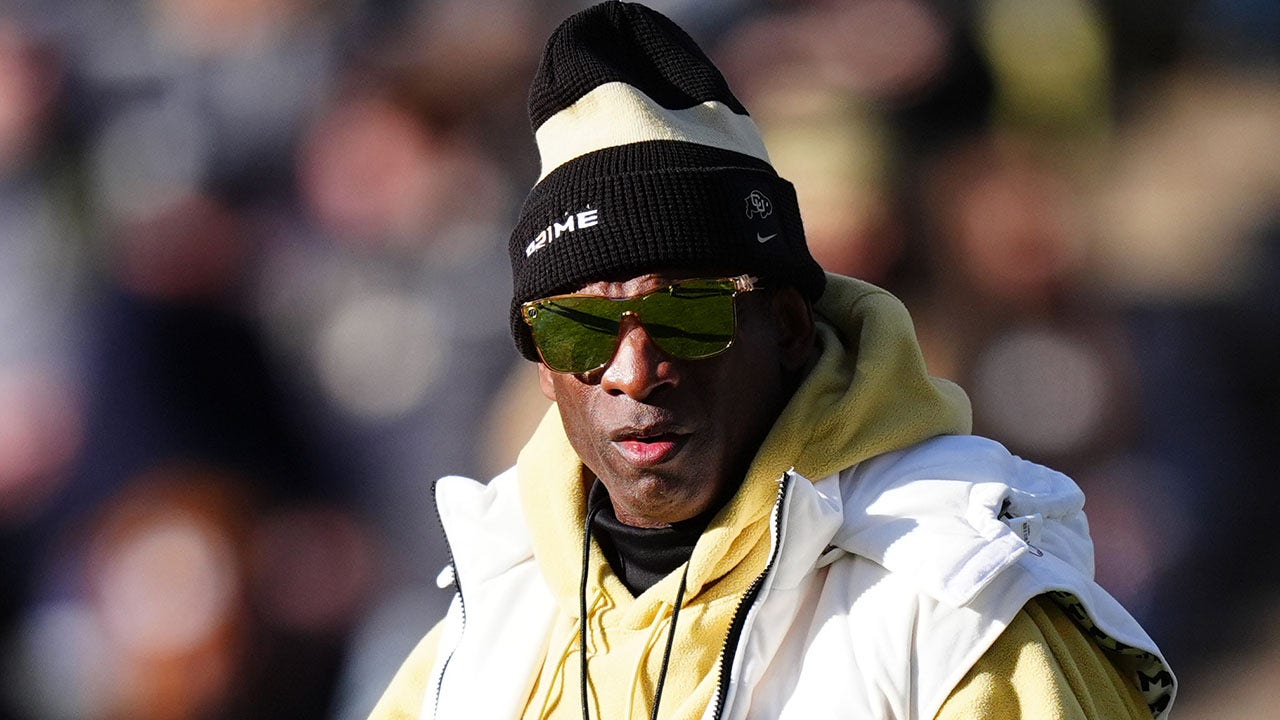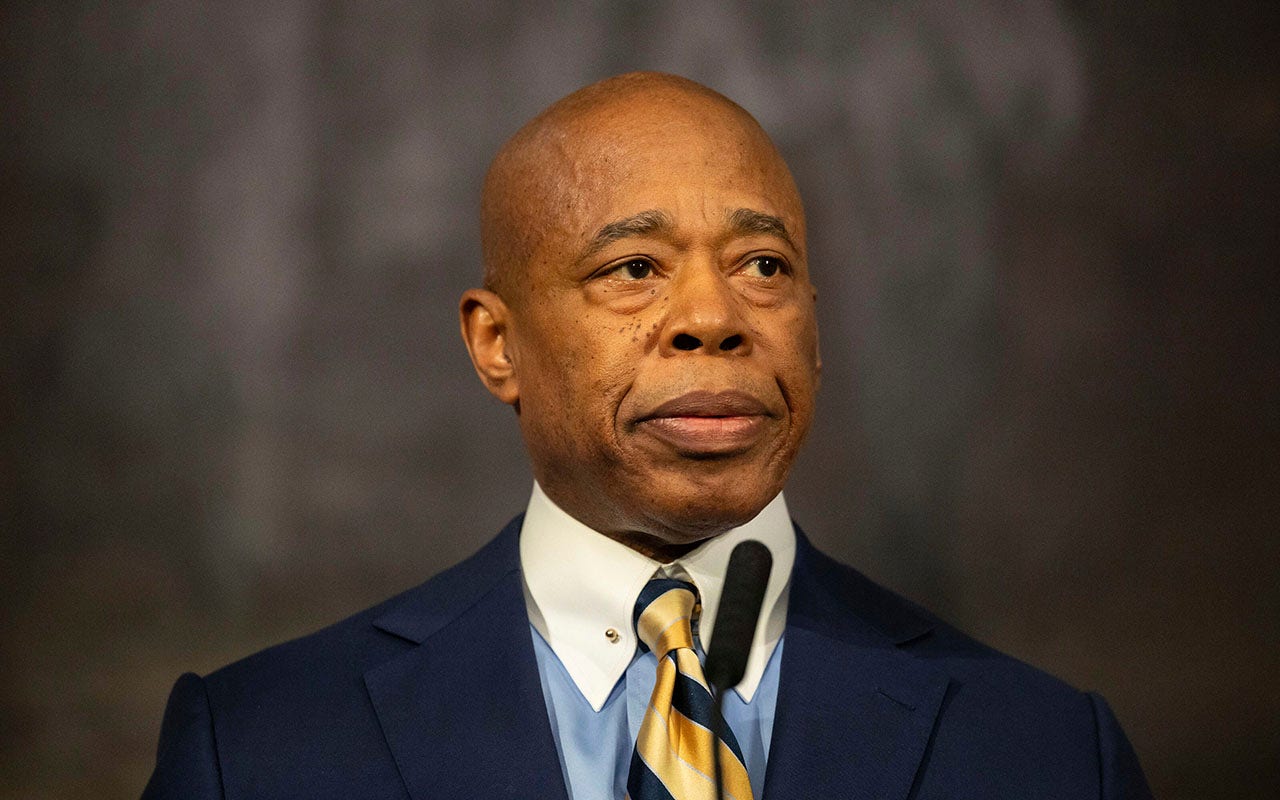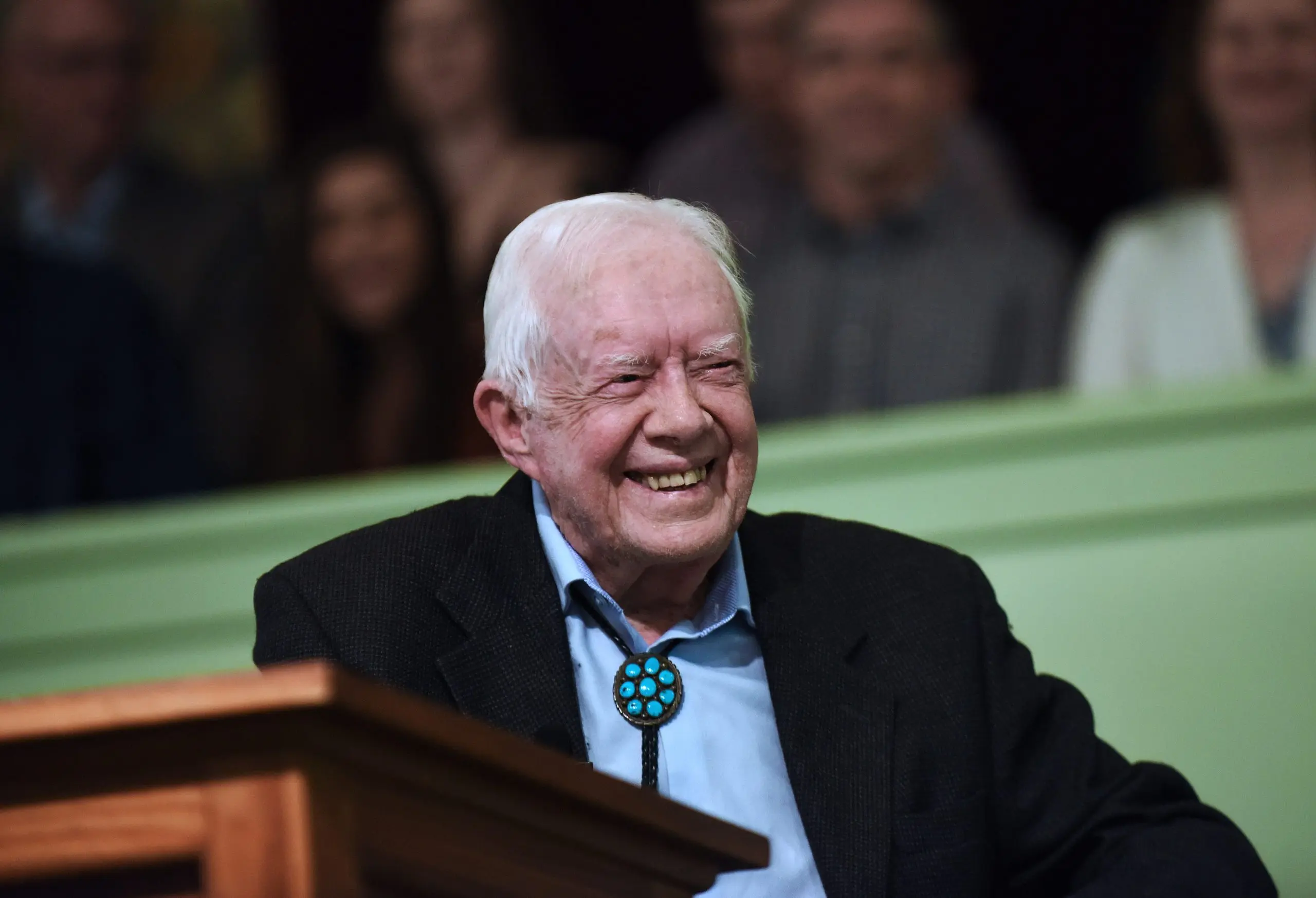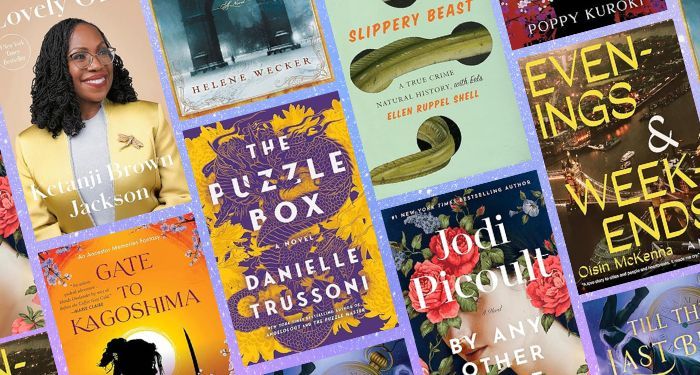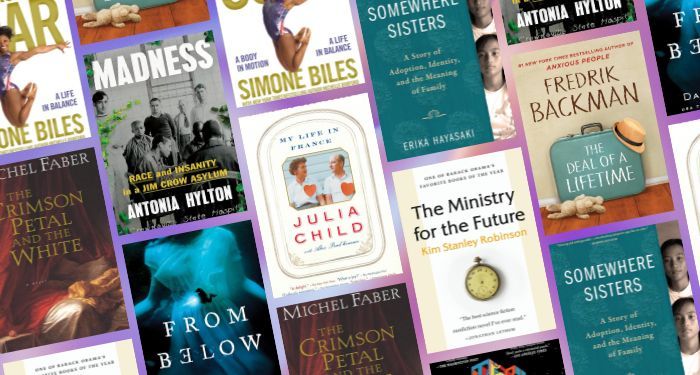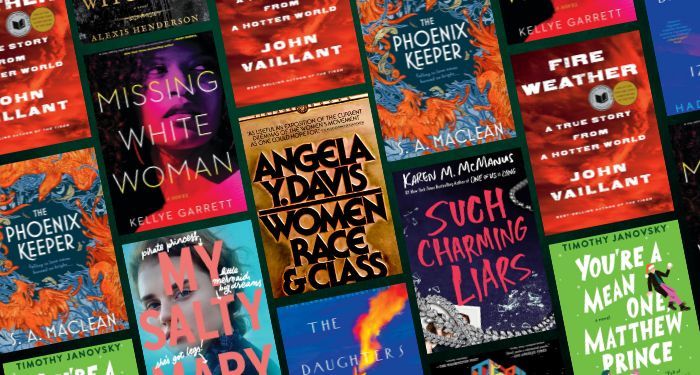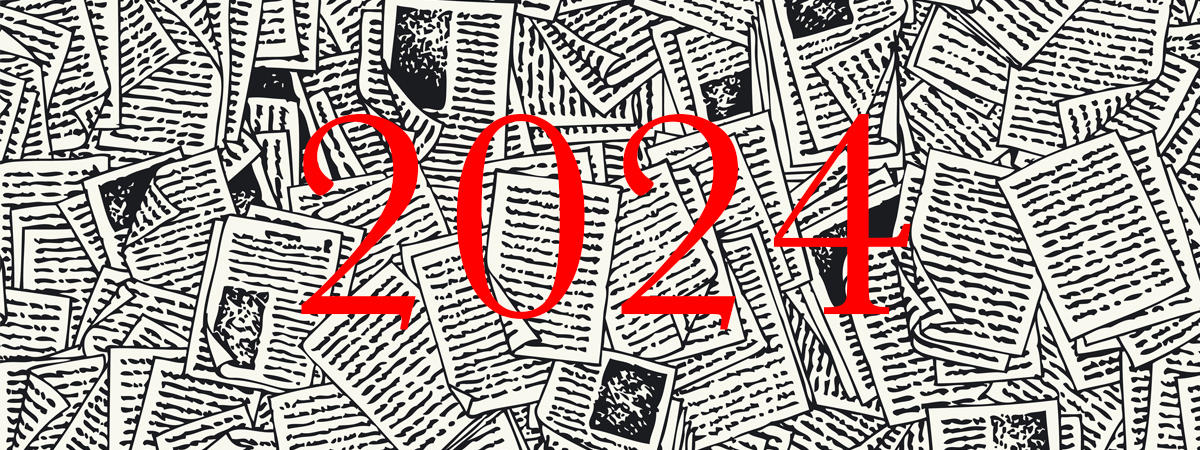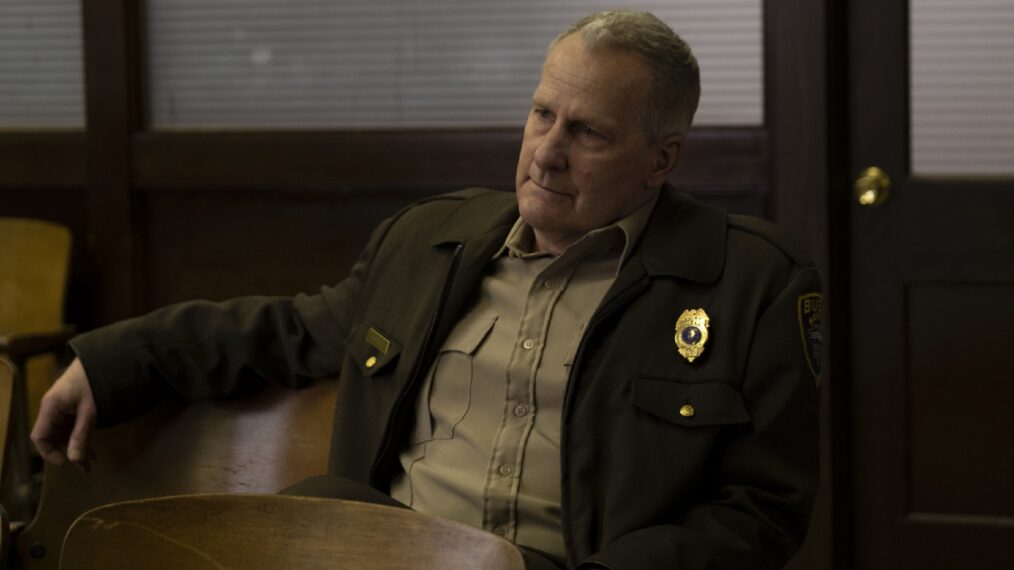The Best of the Literary Internet, Every Day

TODAY: In 1911, French poet Guillaume Apollinaire is arrested and jailed on suspicion of stealing the Mona Lisa from the Louvre.
- Rachel Kushner takes the Lit Hub questionnaire (and tells us about throwing a Brett Easton Ellis novel across the room). | Lit Hub In Conversation
- If meditation isn’t bringing you internal peace, maybe you should try a literary solution: poetry. | Lit Hub Craft
- Should we consider math a language? Ben Orlin considers new ways to think about—and have fun with—numbers, variables and equations. | Lit Hub Humor
- “I’ve never felt the presence of my own death so close to me,” writes Nahil Mohana while chronicling the toll of living with endless displacement and fear in Gaza. | Lit Hub Memoir
- Indi Bains dives into the history of broadside ballads, the biggest bangers of the 17th century. | Atlas Obscura
- Patrick Autréaux on Annie Ernaux and the Nobel Prize: “When a work that wants to appear emancipatory achieves such institutional recognition, a great deal of discernment is required of the bearer to uphold the evacuating tempo of their voice.” | 3:AM
- Isabelle Rea considers the surreal landscapes of Teletubbies, Pingu, and other 90s children’s television. | The Paris Review
- “Jameson showed how form and content, careful examination of the text and investigations of sociohistorical content, strictly linguistic and expansively political readings could also be related in a comprehensive Marxian approach.” On the work of literary critic Fredric Jameson. | Jacobin
- On romance novels, algospeak, and the rise of the spicy book. | Shelf Love
- “‘The worst version of me would be writing about biracials in a respectful way,’ Senna told me. ‘I get to make fun of us incessantly.’” Julian Lucas profiles Danzy Senna. | The New Yorker
- What’s the cost of refusing to sell out? Kelli Korducki talks to the activist-academic Silvia Federici. | Hazlitt
- “Literary theory can be either avant-garde or lyric, a tool for stepping back from the world or for more fully inhabiting it.” On the present state of studying literature. | Public Books
- “Conifers transform to dark green the lands that for millennia appeared as flat expanses and gentle hills of uninterrupted tawny.” Sarah Smarsh on an existential threat to North American prairies: trees. | Orion
- Alexis Pauline Gumbs on why Audre Lorde is so much more than how she is often remembered. | The Nation
- Joanna Kenty considers the pedagogy of campus protest encampments. | Public Books
- “The quest for easily dispensable wisdom has a way of leading the unwary writer astray.” Laura Miller on Matt Haig and the limits of the therapy novel. | Slate
Also on Lit Hub:
Finding beauty and community in poetry • Rebecca Morgan Frank recommends new poetry collections • How Katharine S. White quietly shaped writers • September’s sci-fi and fantasy, including post-apocalyptic epics and speculative swashbucklers • On Jonathan Lethem’s Motherless Brooklyn and The Fortress of Solitude • Jane Ciabattari talks to Rachel Kushner about Creation Lake • Bryan VanDyke on grief, chatbots and the power of human memory • How diet and culinary heritage inform the way we speak • Rudyard Kipling’s boundary-blurring satire of bureaucracy • Sharman Apt Russell on the pleasures of watching skunks • Josephine Quinn on Arabic translations of Ancient Greek texts • How do you honor the spirit of the place that inspired a written world? • How hyperinflation impacted gender relations in Weimar Germany • The stories of the immigrants who risked their lives at a meatpacking plant during COVID • A case for embracing the fictiveness of fiction • Michele Herman argues in favor of a more generous pedagogy • Korean revolutionary Kim San on courage in the face of imperialism • The early history of the Bronx • Jonathan Lethem, Ann Patchett, and more share how they put words on a page • Itoro Bassey on “telling stories where Black people…can be witnessed by each other” • How the Tokyo Trials created modern Asia • What’s in an ode? • On a recently declassified correspondence between T.S. Eliot and Emily Hale • Cynthia Zarin talks to her daughter, Rose Seccareccia

